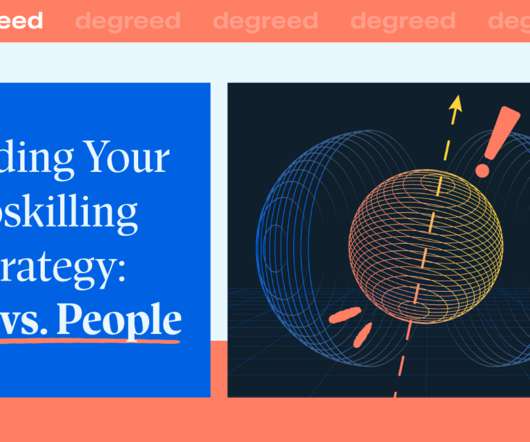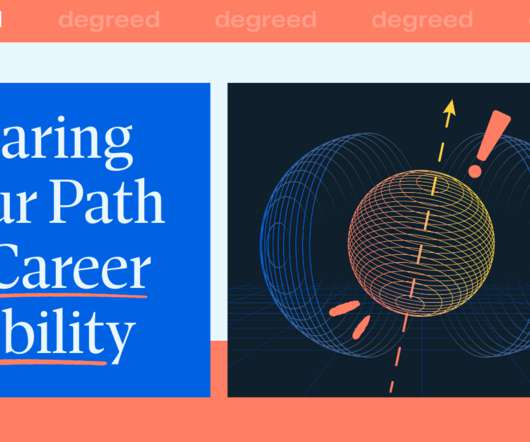The changing Web
Learning with e's
AUGUST 24, 2012
The web is constantly changing. Social media - often referred to as Web 2.0 , or the participatory Web - is shaping up to be one of the most important tool sets available to support the promotion of change in education. Essentially, Web 2.0 The Web is constantly changing, but it is also a change agent.





























Let's personalize your content